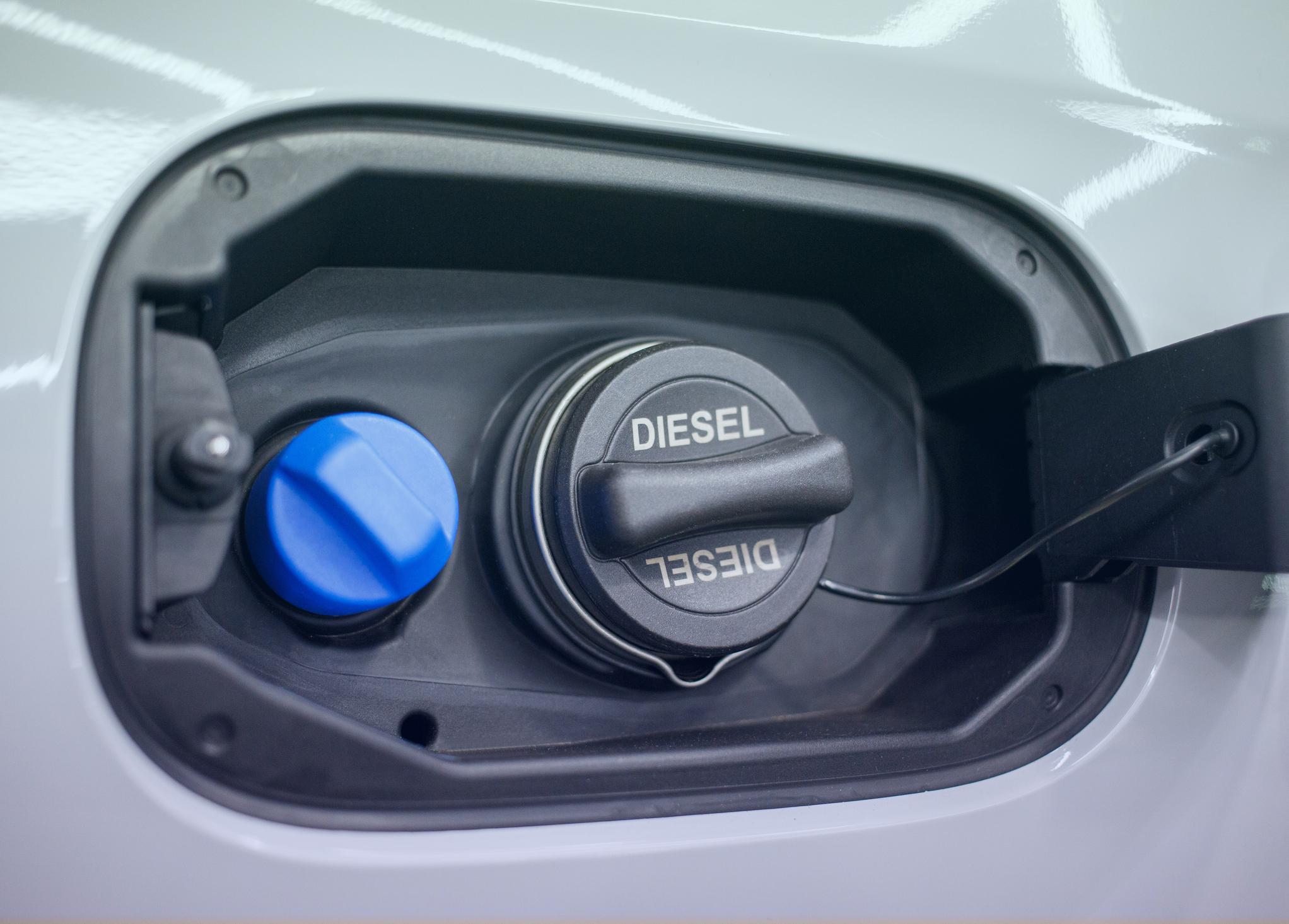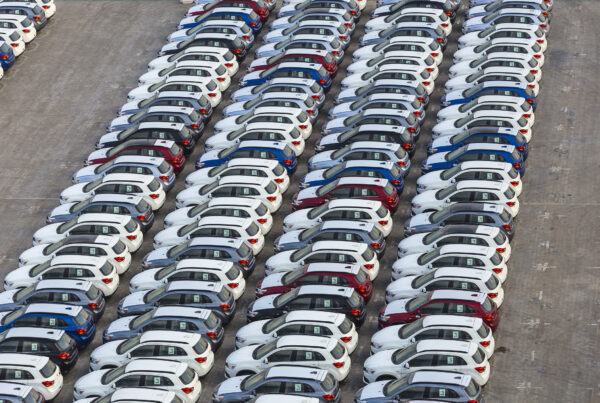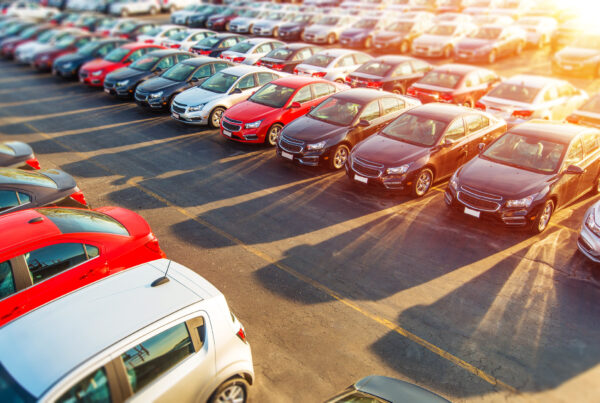KUALA LUMPUR – The Malaysian Automotive Association (MAA) recently announced that it is maintaining its vehicle sales forecast for this year. This comes amid the recent changes to the diesel subsidy.
The MAA says demand remains high for diesel-powered commercial vehicles, pickup trucks, and vans. They noted that diesel vehicles make up less than 12% of total vehicle sales.
“The overall sales impact on the industry is expected to be insignificant,” the MAA stated. The government is also offering targeted subsidies to certain recipients and sectors to ease the impact.
“Diesel vehicles are essential for commercial and industrial use, so demand will continue,” the association said, despite some initial consumer caution.
Sales Forecast and Market Dynamics
The MAA’s current estimate for the total industry volume is 740,000 units for the year, down from last year’s record of 799,731 units. This includes 666,000 passenger vehicles and 74,000 commercial vehicles.
The reduction is partly due to the floating diesel prices in Peninsular Malaysia, which have been in effect since June 10. Diesel prices are now adjusted weekly, with the price per litre raised to 3.35 RM (1.1 AUD) from 2.15 RM (0.7 AUD).
Despite the price increase, the government still provides subsidised diesel to 33 types of vehicles, ensuring that essential services and sectors are not overly burdened.
Call for Clear Subsidy Quotas
The MAA has urged the government to clearly define subsidy quotas to prevent transport operators from raising rates, which could negatively affect the public and the country’s competitiveness.
“An accurate and efficient rebate mechanism is very important,” the MAA emphasized, noting that the current subsidy does not cover all sectors.
They highlighted that most diesel-powered vehicles are crucial for construction, plantations, logistics, tourism, and transportation, making subsidy clarity essential for economic stability.
Support for Energy-Efficient Technologies
In addition to diesel vehicles, the MAA hopes the government will continue to provide incentives for energy-efficient technologies.
These include hybrid electric vehicles, battery electric vehicles, and fuel cell electric vehicles. Such incentives are seen as crucial for driving the automotive industry towards a more sustainable future.
Did you find this article interesting? Click the ‘heart’ button above to give it a ‘like’!






